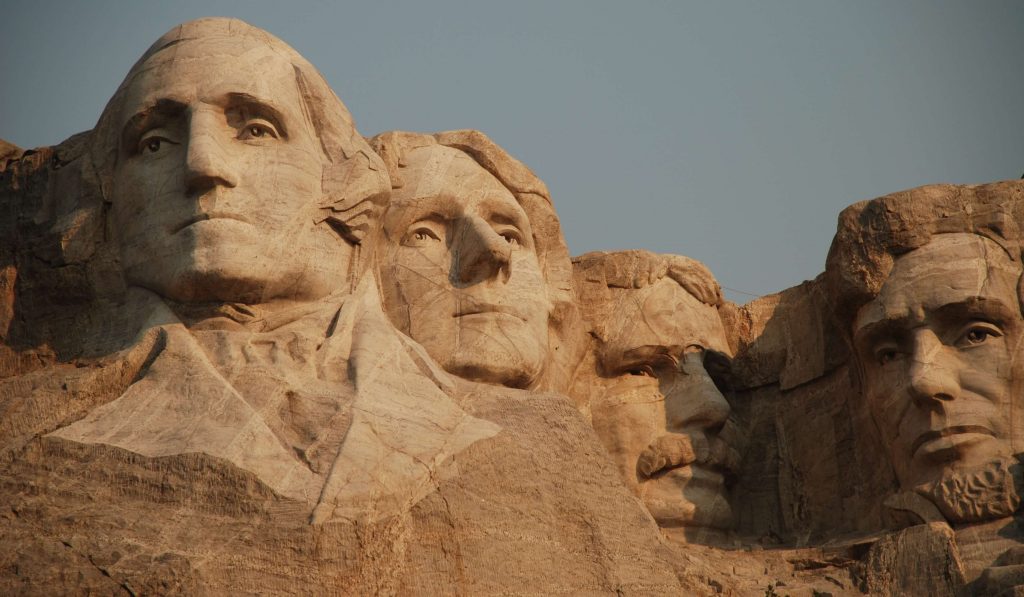
History can be a fascinating subject, but it’s not always easy for kids to stay engaged when learning about it. That’s why incorporating fun activities like trivia into their education can offer a unique and enjoyable way to learn about the past. Whether it’s ancient civilizations or recent events, history trivia presents an opportunity for kids to travel through time and explore the incredible stories that have shaped our world. Read on to learn more about history trivia for kids and how it can make learning about history enjoyable and engaging.
1. The Benefits of History Trivia for Kids
Trivia is a popular way to engage with history because it presents information in a fun and interactive way. With trivia, kids can study and learn without feeling overwhelmed or bored. Additionally, when presented with fun and challenging trivia questions, kids retain information better. For instance, if a child learns that Abraham Lincoln was the 16th President of the United States through trivia, they’re more likely to remember that fact than if they simply read it in a textbook.
2. Making Trivia Fun
When creating history trivia for kids, it’s important to make it engaging and enjoyable. To do this, try incorporating a game element, such as a point system. This can turn the trivia into a competition and motivate kids to learn and get the answers right. Another technique is to add visual elements, such as pictures, maps, or illustrations, to the trivia questions. This can add an extra layer of excitement to the trivia and make it more stimulating for kids.
3. Historical Subjects for Trivia
History is a rich subject with almost limitless possibilities for trivia questions. However, some popular and timeless historical topics for kids include the ancient Egyptians, Ancient Greece, the Roman Empire, Vikings, the American Revolution, the Civil War, World War II, and the Civil Rights Movement. These varied topics offer a glimpse into the past, giving kids a deeper understanding of how people lived and interacted with one another during different historical periods.
4. Participating in History Trivia
There are numerous resources online to help parents and educators create history trivia questions for kids. A quick Google search reveals hundreds of websites and printable worksheets dedicated to history trivia. Additionally, some apps, such as Brainzy and Quizlet, offer interactive trivia games that can be played on a tablet or phone. Parents and educators can also create their own trivia questions or ask their children to come up with their own. This can help kids better engage with the material, as they have a vested interest in the questions.
5. Developing a Love for History
The ultimate goal of incorporating history trivia into education is to help kids develop a love and appreciation for history. As kids learn about the events, people, and cultures of the past, they can begin to understand the complexities of the world around them. By making this process engaging and stimulating, kids are more likely to want to learn and explore on their own.
Conclusion
By integrating history trivia into a child’s education, parents and educators can embark on a captivating journey through time, unveiling the extraordinary tales of the past. Trivia serves as a conduit for historical knowledge, offering a dynamic and interactive approach that keeps children engaged without a hint of monotony. In this educational pursuit, Troomi Wireless emerges as a valuable ally. This secure smartphone for kids empowers parents to supervise text communications and regulate app access, creating a digital environment conducive to both learning and responsible technology use. By intertwining modern tools with time-honored educational methods, parents can elevate their child’s historical exploration while maintaining a balanced and safeguarded digital experience.
Starting to QUESTION what phone your kids have? Click here to learn more about Troomi!
